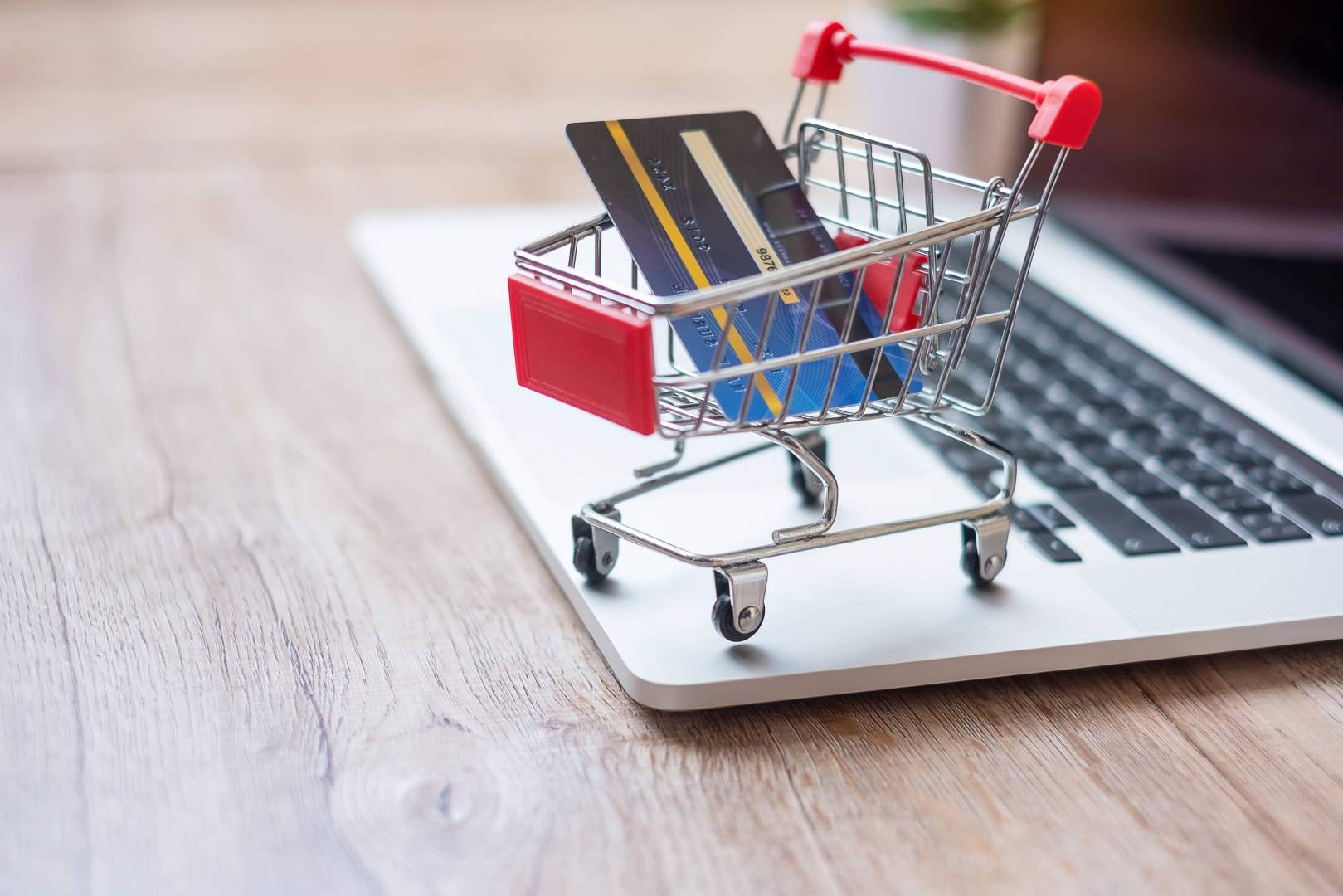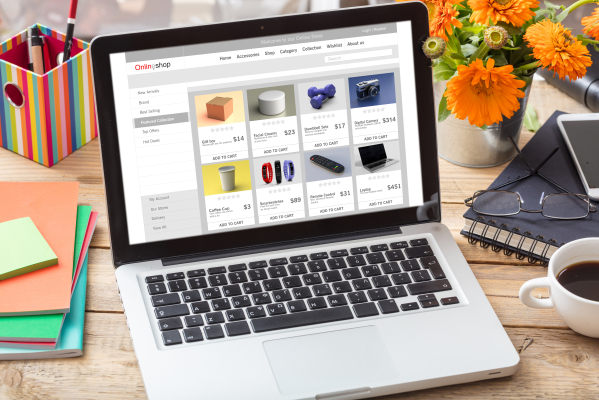What Conversion Boosting Tools Webshops Can Use
Feltöltés dátuma:
Nowadays, the issue of conversion boosting tools is quite a cardinal question in a webshop. In case of a purchase, the possible steps must be carefully planned from the home page to the checkout. The goal is for the person adventuring on the website to look at as many sub-pages and sections as possible.
What are the conversion-boosting tools?
CTA, or Call To Action: this is an essential tool for webshops, this is the one turning traffic into revenue (e.g. “buy”). But if we want to increase revenue with a sense of urgency and thus get a person to feel the pressure and buy, a well-placed countdown and “buy now” CTA can make the right impact. Another effective CTA is “one-click payment,” which saves the customer the way to the cart and allows them to pay right away.
SSL technology is useful for a webshop because it encrypts the visitor’s payment information and websites that use this technology are considered qualified. Qualified websites are favored by Google and get in a much better position among organic results. In addition, visitors find sites that protect their data more trustworthy and they are more willing to make purchases.
Games can also increase conversions, such as spinning coupons with a wheel of fortune. You can get a coupon in another way as well, but in this case, playing is necessary and there is a chance that a potential buyer won’t win. It can also happen that he or she is not satisfied with the coupon and will not make a purchase. However, he or she will return to the site to spin again until earning the appropriate discount and so on.
There are even more tools, such as the importance of a well-chosen product image or displaying a positive product review, and so on. But let's turn to one of the new conversion boosting tools: the bargain bot.
The purpose of the bargain bot is to encourage the buyer to buy by bringing the possibility of traditional bargaining into the virtual space. The bargain bot can also be tested in demo mode to see how it works. Personally, I wanted to bargain for a HUF 7500 T-shirt for HUF 5,000. At first, I tried 3000Ft, but the bot considered it frivolous, after that we got into continuous bargaining, but its last discount was 10%. In the end, he offered me that 10% discount in the form of a coupon. This conversion-boosting tool is smart because knowing that the bargain bot has the last offer made me, as a potential buyer, feel that it was a valuable product and I was already able to buy it at a better price.
To sum it up, several tools are highly successful in targeting conversion-boosting. Buyers don’t like to feel like they’re missing out on something or that if they don’t do it now (they don’t buy), they’ve forever failed that great product with a great X% discount.
Sign up for our newsletter!
Sign up for our newsletter to be the first to know about our latest projects and technological innovations.
Predicting Trends and Demand: The Power of AI in Inventory Forecasting
Inventory management is a critical aspect of any business, influencing costs, customer satisfaction, and overall profitability. Traditionally, inventory forecasting relied on manual methods and historical data analysis, often resulting in inaccuracies and inefficiencies. However, with the advent of Artificial Intelligence (AI) and machine learning, businesses now have powerful tools at their disposal to predict trends and demand with unprecedented accuracy. In this article, we'll explore the transformative power of AI in inventory forecasting and how businesses can leverage these technologies to optimize their supply chain operations.
Navigating Regulatory Compliance and Legal Considerations with Utility NFTs
As utility Non-Fungible Tokens (NFTs) gain traction across various industries, it's crucial for developers, businesses, and users to navigate the legal landscape and ensure compliance with regulatory requirements. While utility NFTs offer innovative solutions for ownership, access control, and digital asset management, they also pose legal challenges related to intellectual property rights, securities regulations, data privacy, and consumer protection. In this article, we'll explore the key legal considerations and regulatory compliance issues associated with utility NFTs and provide guidance on how to navigate them effectively.

















